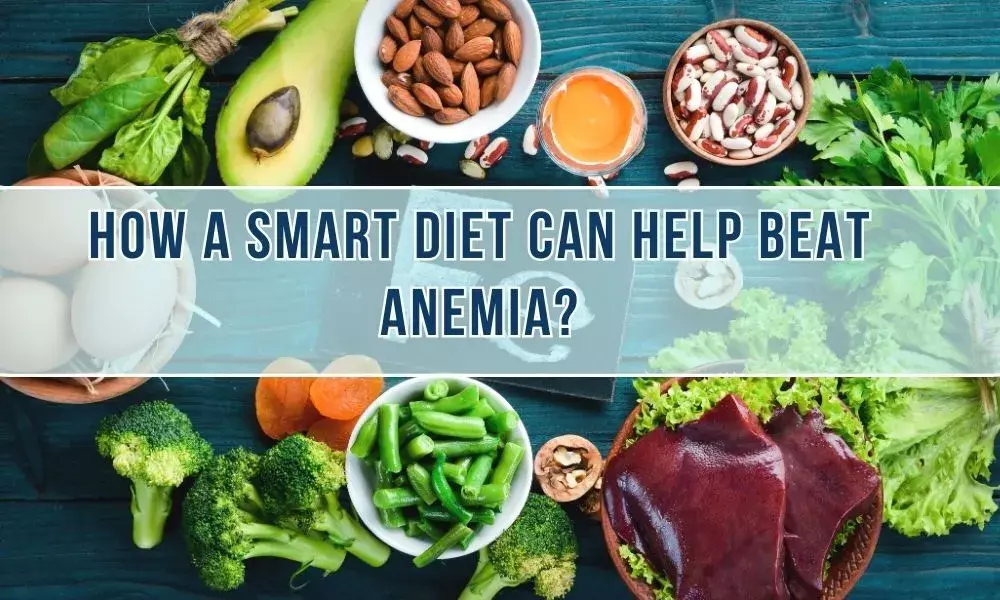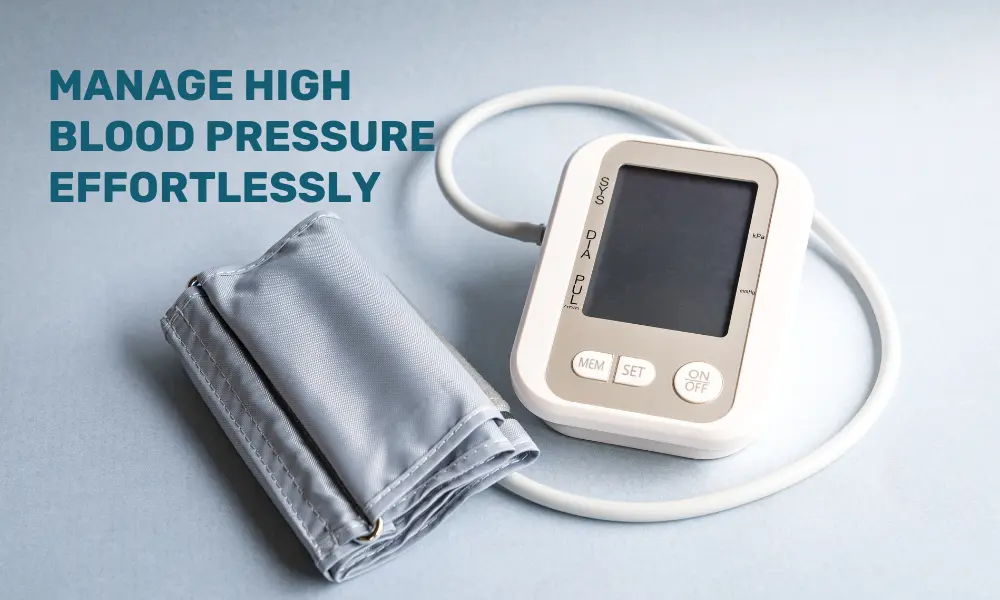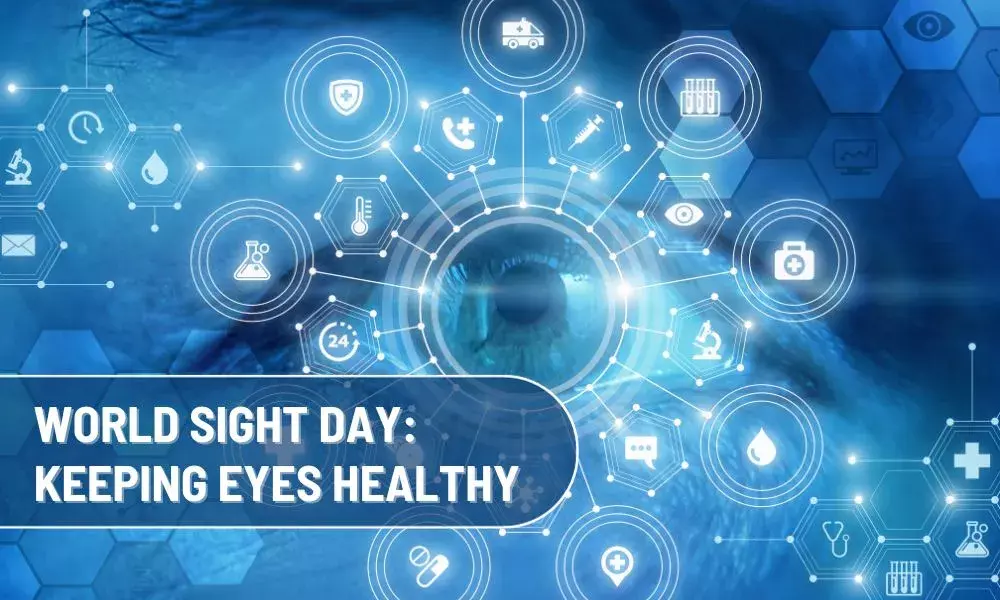Dietary deficiencies, particularly iron, B12, and folate deficiency, contribute to anemia. It is a health condition that can cause chronic health complications affecting our overall well-being.
As per recent news reports, anemia is one of the major health concerns that our country is presently facing.
The main factors contributing to anemia in India are likely to be dietary deficiencies, particularly iron, B12, and folate deficiency, and lack of awareness about diseases causing anemia. Iron deficiency is one of the leading causes of anemia.
Along with iron deficiency, a significant population in India is vegetarian and suffers from vitamin B12 and folate deficiency.
What are the complications of chronic anemia?
Chronic anemia, if left untreated or poorly managed, can lead to various complications affecting different organ systems in our body. Some of them are:
-
Shortness of breath and dizziness: Insufficient oxygen in the blood can cause shortness of breath, especially during physical activity, and may lead to dizziness.
-
Fatigue and weakness: Anemia reduces the oxygen-carrying capacity of the blood, resulting in reduced oxygen supply to tissues and organs. This can result in persistent fatigue, weakness, and reduced physical stamina.
-
Reduced cognitive function: In cases of severe anemia, the brain does not receive sufficient oxygen, leading to decreased cognitive function, difficulty concentrating, and memory problems.
-
Cardiovascular complications: Anemia places additional stress on the heart, as it needs to pump more blood to compensate for the reduced oxygen-carrying capacity. With time, this can lead to an increased risk of heart-related complications.
-
Complications during pregnancy: Anemia in pregnant women can increase the risk of preterm birth, low birth weight and other complications for both the mother and the baby.
-
Worsening of pre-existing conditions: Anemia can exacerbate pre-existing health conditions, such as heart and lung diseases, making their management more challenging.
-
Impaired healing: Reduced oxygen supply can slow down our body’s healing process and increase the risk of infections at the site of injury or surgery.
-
Other complications: Pale skin and nail beds, cold hands and feet, increased susceptibility to infections, and impaired growth and development in children.
What are the dietary dos and don’ts to enable maximum absorption of iron?
To maximize iron absorption from the diet, it is essential to combine iron-rich foods with other dietary components. Here are certain smart dietary tips to increase iron absorption to prevent the risk of anemia.
-
Pair iron with Vitamin C: Vitamin C enhances the absorption of non-heme iron. You can improve iron absorption by pairing iron-rich plant-based foods with vitamin C sources such as citrus fruits, strawberries, bell peppers, or broccoli.
-
Consume heme iron sources: Heme iron is found in fish, red meat, and poultry. It helps in combating anemia.
-
Include fermented foods: Fermented foods like yogurt and certain sourdough bread can increase iron absorption.
-
Cook in cast iron cookware: Cooking acidic foods, like tomato-based dishes, in cast iron cookware can add a small amount of iron to the food.
-
Avoid consuming iron blockers: Some dietary components can inhibit iron absorption. These include tannins found in tea, coffee, herbal teas, and phytates found in whole grains, legumes, and nuts.
-
Avoid calcium and iron together: Calcium can interfere with iron absorption, so it is best not to consume calcium-rich foods or supplements together with iron-rich foods. Separate their consumption by a few hours.
As anemia can cause chronic health complications, it is vital to keep our iron intake right. Ensuring proper iron intake can ensure our overall well-being.





